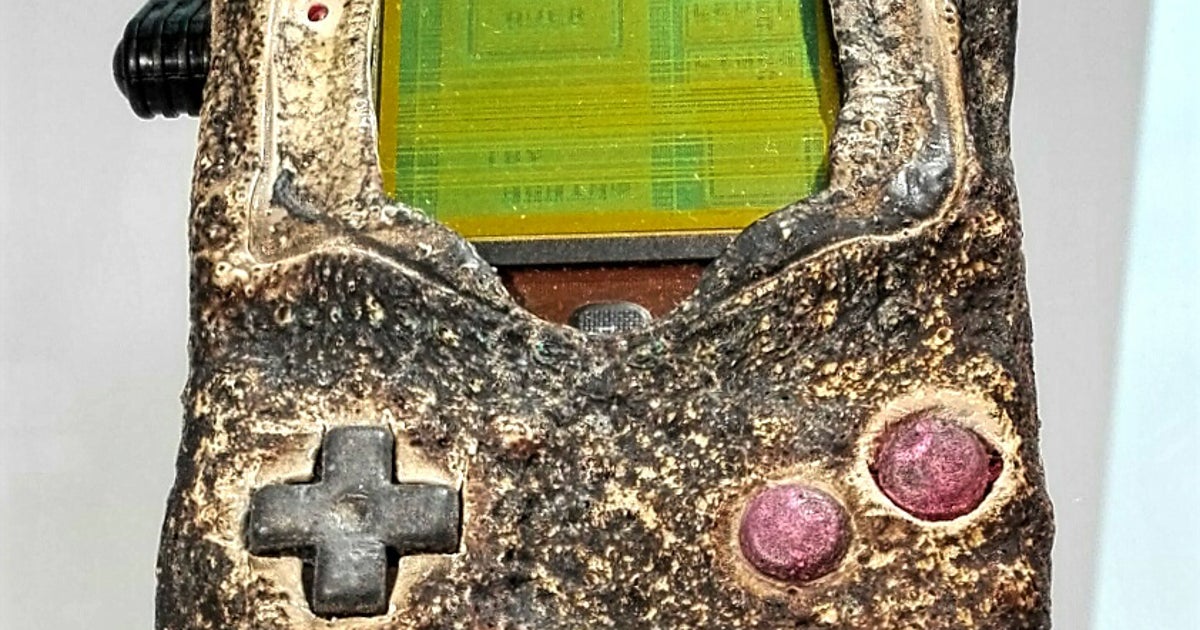Experts say efforts to preserve gaming’s rich history are failing, which threatens the industry’s long-term health | From GamesIndustry.biz
The real problem, as I think we are all aware, is that copyright lasts for far too long. It should be a carrot used to support and encourage creators, not a stick used by publishers to beat both thieves and well-meaning people indiscriminately in a futile pursuit of unending revenue streams.
And here are some comments on specific points in the article:
“ESA and its member companies […] support efforts by cultural institutions to build physical video game collections.”
“It simply is not accurate that the industry has opposed efforts by libraries to have legal access to games for preservation purposes.”
That’s a carefully-worded statement. Yes, it would be fruitless and openly greedy to try to oppose things that libraries have an obvious legal right to do, like buy and preserve physical items. But that doesn’t preclude publishers from lobbying lawmakers and presenting testimony to reduce what’s legal in the first place, such as using tools and processes needed to keep the games actually playable.
The ESA says it recognises the importance of libraries, with Mgbojikwe observing that more than 2,500 video games have been donated to the Library of Congress to date.
While the Library of Congress’ so-called Mandatory Deposit doesn’t apply to video games (AFAIK), I would wager that most if not all of these games were “donated” to fulfil the mandatory requirement which is a part of the process of formal copyright registration in the USA. While this formal registration itself isn’t mandatory, the donations still probably weren’t given out of the goodness of their hearts.
Games like Sid Meier’s Covert Action feature ideas and mechanics not seen in modern games, yet remain unavailable.
Covert Action has been available on GOG for very nearly ten years at the time of writing. I get the point that they’re trying to make, but if you’re going to use a specific example, pick one that stands up to at least casual scrutiny.
The article talks more about being able to legally play old games without downloading roms or anything, but that’s a different topic from video game preservation. Video game preservation itself is doing just fine though. The vast majority of games are archived online and emulators provide super easy ways to play games that are impossible to find now.
Sure, companies should allow people to play older titles in easier ways, but to say “efforts to preserve gaming’s rich history are failing” is just wrong.
Play Beyond Earth. You can’t.
Overwatch 1?
Also there is a world of difference between quality of emulation vs hardware.
It’s very noticeable with games from ps1 and forward.
FPGAs are great, but there is so much that just isn’t kept in an archival state, especially to be publicly accessible.
deleted by creator
I do think there are some real concerns, including how institutions can maintain (and share) collections, and best practices being influenced by fear of getting attacked by Nintendo lawyers, etc.
Leave it to Gamesindustry.biz to conflate “preserved” with “in commercial circulation”.
The entire article bends over backwards to present “people having drm-free digital copies of the game” as not being an option, to the point where, as Redkey mentions elsewhere in this thread, GoG doesn’t even come up when one game sold on there is framed as being “lost”.
Even the guy who wants old games freely playable will only go as far as saying they should be playable “online”.
Short answer: yes. Longer answer: yeees.




